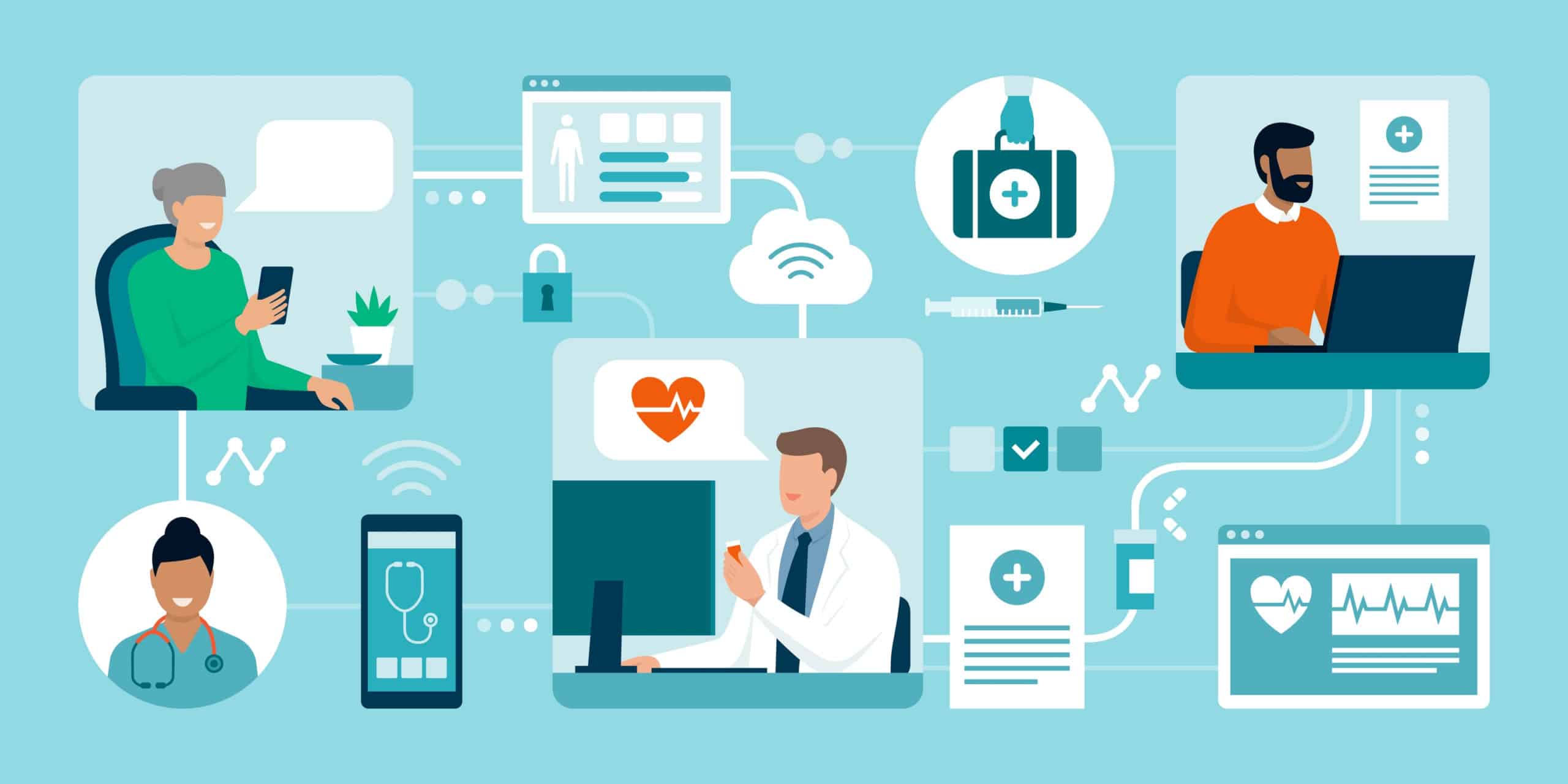It’s been a little over 2 years since the United States’ Office of the National Coordinator for Health Information Technology (ONC) awarded a cooperative agreement to the Sequoia Project to oversee part of its Trusted Exchange Framework and Common Agreement (TEFCA) project. As the Recognized Coordinating Entity (REC) of the project, the Sequoia Project is responsible for developing, updating, implementing and maintaining the Common Agreement component of the TEFCA and operationalizing the Qualified Health Information Network (QHIN) designation and monitoring process.
As a non-profit dedicated to solving health IT interoperability challenges, the Sequoia Project has been busy recently. On September 16, the organization announced a clinical interoperability intensive for health plans and payers as part of its information blocking compliance boot camp program.
Let’s explore more about this crucial project and its impact on evolving trends in healthcare interoperability.
Tackling real-world interoperability challenges
According to the Sequoia Project, its Clinical Connections: A 7-Week Interoperability Intensive for Health Plans intensive will:
- provide an in-depth study of the Information Blocking Final Rule issued by the ONC
- help attendees understand potential opportunities and obligations associated with the rule
- cover how to use it effectively to achieve data access

The intensive starts on October 6 and will include virtual meetings, private online discussion forums, and a toolkit providing members with “practical tools for implementation and compliance.”
Another recent announcement from the Sequoia Project came on September 20 in the form of the release of the Elements of the Common Agreement for stakeholder feedback, which include:
- definitions
- exchange purposes
- participants and subparticipants
- required flow-down provisions
- TEFCA information and required information
- governing approach to exchange activities under the Common Agreement
- QHIN designation and eligibility criteria
- cooperation and nondiscrimination
- RCE directory service
- individual access services
- privacy and security
- special requirements (including consent)
- fees
In addition to releasing these elements, the organization implemented a stakeholder engagement process to provide more information on the them. The process consists of website content and a series of webinars. Stakeholder feedback is requested by October 21, 2021 and can be submitted through email or an online form on the RCE website.
Recognizing the importance of interoperability
It’s no secret that many healthcare providers find themselves facing challenges due to the lack of interoperability. Overarching challenges inhibiting electronic data exchange in healthcare include technical, financial, trust, administrative, reporting requirements and IT usability.

However, healthcare providers with the right experts and resources in place can successfully share their data with other systems can achieve:
- improved staff productivity
- reduced administrative costs and paperwork
- improved regulatory compliance
- decreased overlapping of workflows and enhanced clinical decision-making
They also offer enhanced security and access of private and protected health information (PHI).
The U.S. government continues to promote healthcare interoperability. Through the Final Rule of the 21st Century Cures Act, the ONC is attempting to realize several goals, including:
- advancing interoperability for improved patient and provider access to data
- expanding the data elements
- enhancing communication between various health IT systems and mobile applications used to store and maintain health information
- spurring patient access to data via personal devices
- promoting patient control of their electronic health information to enable apps to provide patient-specific price and product transparency

Implementing team approach to interoperability
We recognize the critical need of healthcare organizations to be able to traverse data boundaries and share information to optimize patient health.
We have experts on hand who are highly qualified to enhance your organization’s clinical and financial outcomes by promoting interoperability. These experts can successfully drive your organization’s digital transformation and empower it to make informed and connected decisions.
Kick-start your journey with Harmony today.




